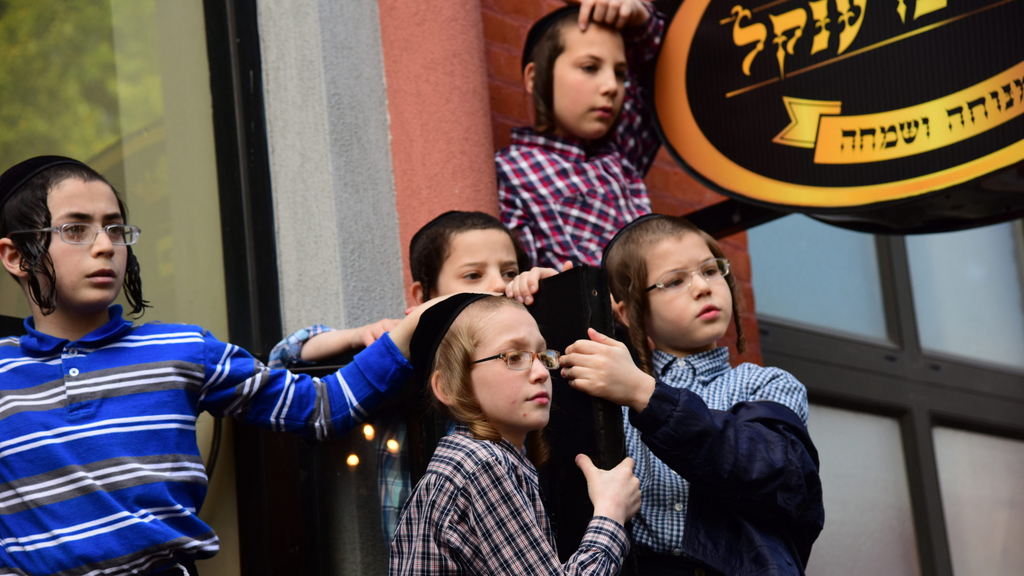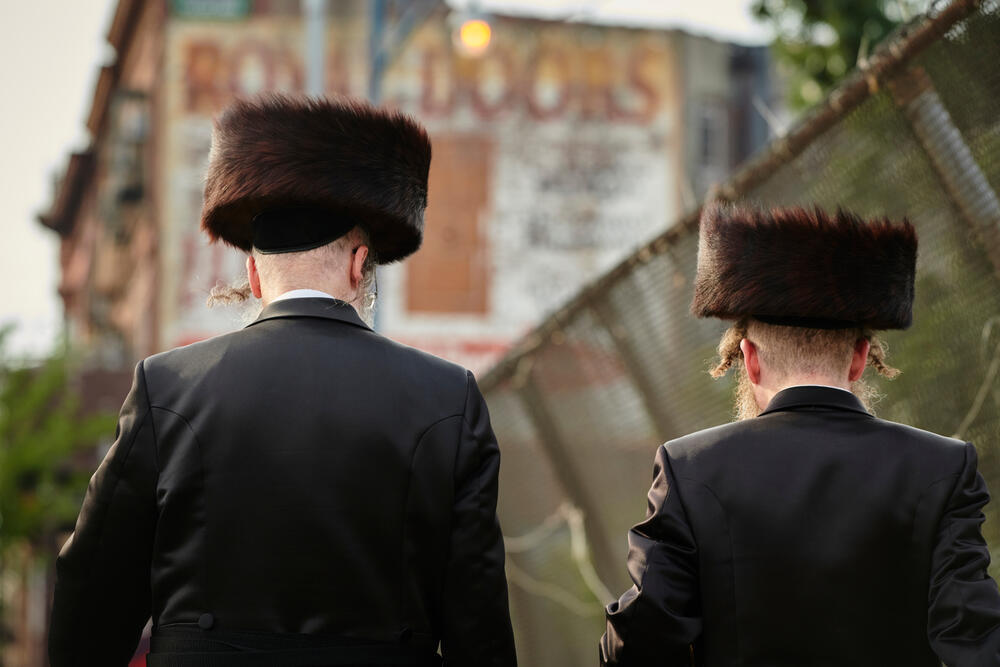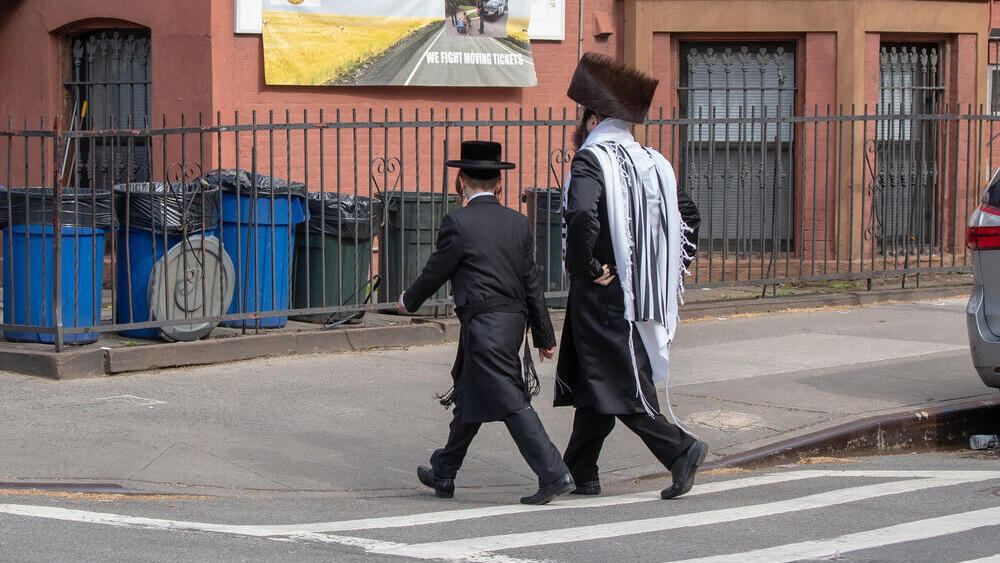The state of New York has determined, following a series of investigative articles by The New York Times, that 18 publicly funded yeshivas (Jewish religious schools) don’t provide adequate secular education to their students and fail to meet the standards of the city’s public schools.
Read more:
The state announced that four yeshivas harshly fail to meet the city’s educational standards. In one of them, Bnei Shimon Yisroel yeshiva in Williamsburg, Brooklyn, teaching in done only in Yiddish, and no lessons in English, reading, spelling, writing, math, geography, history, civics, or science were carried out.
At the Oholei Torah yeshiva in Crown Heights, Brooklyn, one of the largest yeshivas in New York, inspectors stated that they found “insufficient evidence that teachers have the appropriate knowledge, skill, and disposition to deliver adequate secular instruction.”
New York officials recommended that the state conclude that 14 other yeshivas in the city also fail to meet requirements, although it can’t make a final decision on them due to an amendment introduced into the law in 2018, which grants this authority to the state-appointed education official and not the city itself.
In fact, only two yeshivas were found to fully comply with state standards. Additionally, five other yeshivas met the standards thanks to partnerships with secular high schools in the city.
If the state approves the investigation’s findings, the yeshivas will be required to meet New York's standards for secular subjects, similar to those offered in public schools. The law doesn’t clarify the consequences or penalties that’ll be imposed on the city’s yeshivas if they fail to meet the standards.
In an official statement, representatives from the state’s Education Department stated that they will work with institutions with insufficient standards to improve their academic offerings. “Our goal is to educate children, not to punish the adults,” they stated.
A spokesman for the inspected yeshivas, Richard Bamberger, said that the city’s Hasidic Jewish community “rejects the attempt to measure the efficacy of yeshiva education by applying a skewed set of technical requirements.”
“Utilizing a government checklist devised and enforced by lawyers may help explain the state of public education,” he added. “It is designed to obscure rather than illuminate the beauty and success of yeshiva education.”
The findings come at the end of an eight-year investigation that faced prolonged delays and alleged political interference.
The investigation by the state’s Education Department began after receiving complaints from yeshiva graduates and parents who claimed that schools within the city’s ultra-Orthodox Jewish community taught little English and barely offered secular subjects such as math, science, and history.
Yeshivas in the city are considered to be private schools, but receive partial funding from the state and, like all private schools in New York, are required to provide children with a secular education that’s offered in public schools.
3 View gallery


Hasidic yeshiva students in Williamsburg, Brooklyn
(Photo: Andy Katz/Pacific Press/LightRocket via Getty Images)
At the start of the investigation, a debate arose about the precise meaning of "substantial equivalency," leading the state to establish new criteria for it and temporarily delay the investigation.
The rules, which were only put in place in September, require non-public schools to undergo regular inspection to assess if they meet criteria such as instruction by certified teachers and providing lessons in English, math, and science.
The investigation and the state's guidelines have sparked controversy within New York’s ultra-Orthodox Jewish community, which sees the city’s actions as an attack on religious freedom. On the other hand, many have argued that the city has delayed its investigation to avoid upsetting the politically influential Jewish community.
In 2019, an investigation into then-New York Mayor Bill de Blasio's administration ruled that it had delayed the release of the preliminary education report as part of political consideration with the city’s lawmakers.




